"Our goal is to ensure that those who raise children do not have a lower standard of living than those who do not," said the minister for culture and innovation, emphasizing that Hungarian family policy cares not only for children to be born but also for those already born.
2010 marked a turning point in Hungarian family policy. However, the measures of previous governments continue to pose significant challenges, Balazs Hanko pointed out on the first day of the two-day international conference Family Formation and the Future - Geopolitical, Cultural, and Legal Dimensions of Demographic Change, organized by the Danube Institute.
"It is important to encourage young people to have children, but it is just as crucial to support families, keeping in mind that they need the state's assistance," said the politician, who also warned of dangerous trends observed in the United States and Western Europe.
The extreme and distorted interpretation of freedom questions traditional values such as marriage and family, relativizes gender roles, and even gender identity itself.
Some radical activists who claim to advocate for environmental protection even believe that having children poses a threat to the planet's ecosystem," he said.
Demographic Winter in Europe
Balazs Hanko praised the new U.S. administration under President Donald Trump for taking strong steps toward normality, while criticizing the European Union for failing to heed the signs of the times. "Brussels still wants to dictate whom we should live with and how, but we will not tolerate interference in our internal affairs. That is why values that have seemed self-evident for centuries must be enshrined in law, such as the definition of marriage as a union between a man and a woman. We believe in marriage and family, and time will prove us right," the minister said.
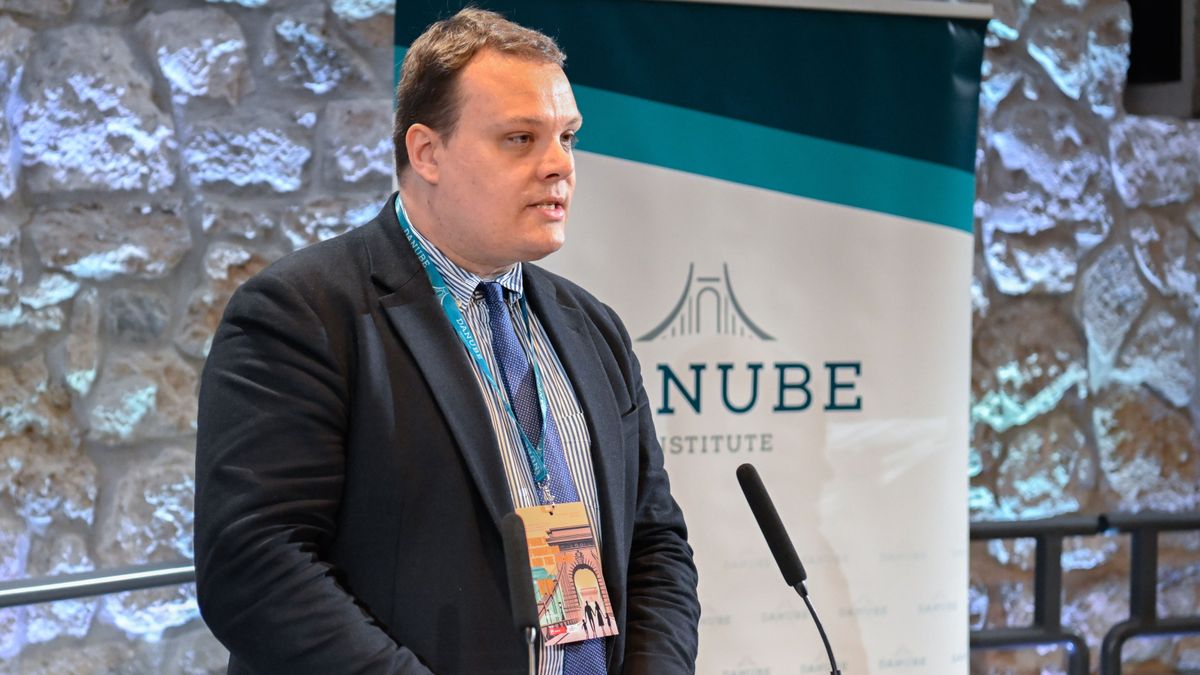
In his speech, he also warned about the demographic winter threatening Europe, pointing out that
in 2023, 15 percent fewer children were born across the European Union—more than 600,000 fewer than a decade earlier, that is, 3.7 million compared to 4.3 million.
Meanwhile, in Hungary, the birth rate decreased by only 2 percent over the same period. "Population loss can, of course, be temporarily compensated through immigration, but this does not solve sustainability issue," he said.
Thanks to its family-friendly policies, Hungary has climbed from last place in 2010 to the third position in terms of fertility rates, surpassing the EU average,
he said, adding that in 2025, the government will spend four times as much—3,754 billion forints—on family support as it did in 2010. If economic and budgetary conditions allow, this amount will be increased further.
We will not compromise on our national culture or family relationships; we will not allow our most sacred bonds to be broken. We have the right to national sovereignty,
he emphasized.
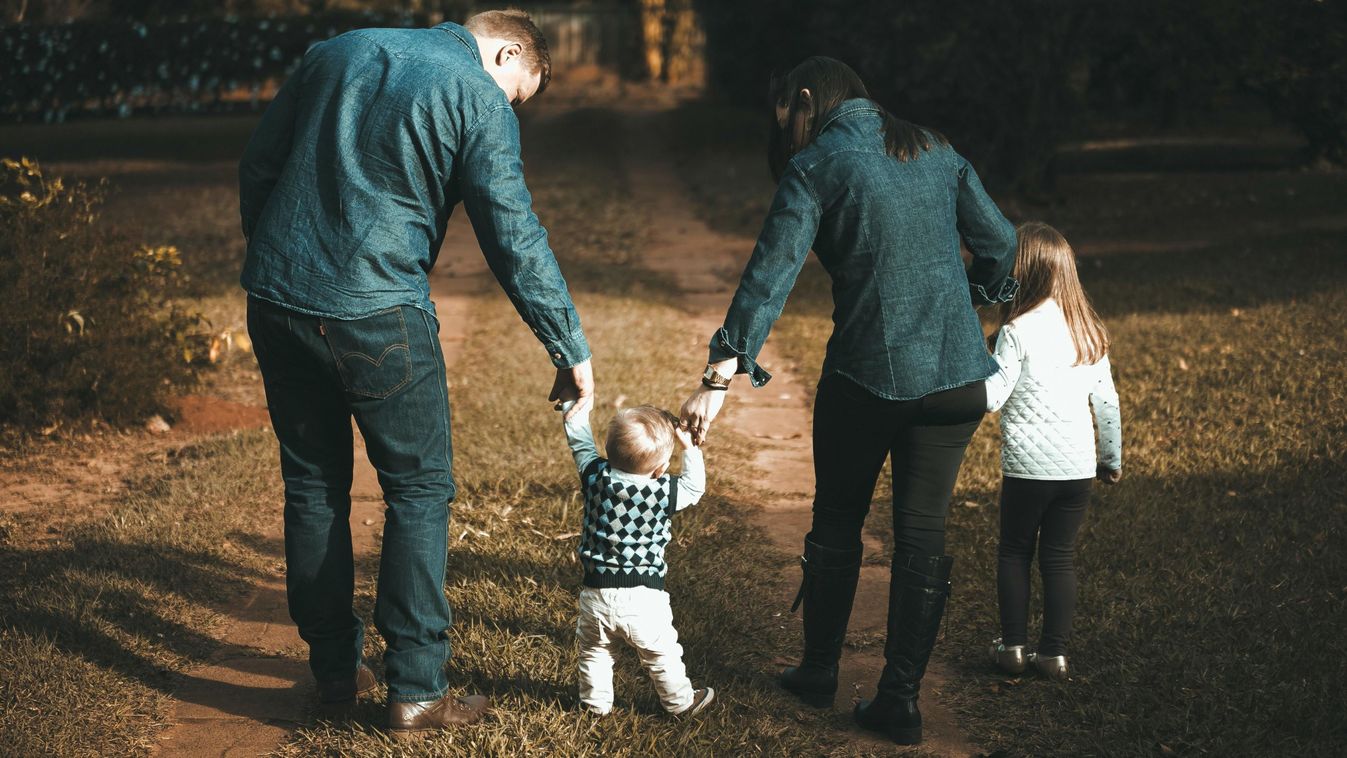
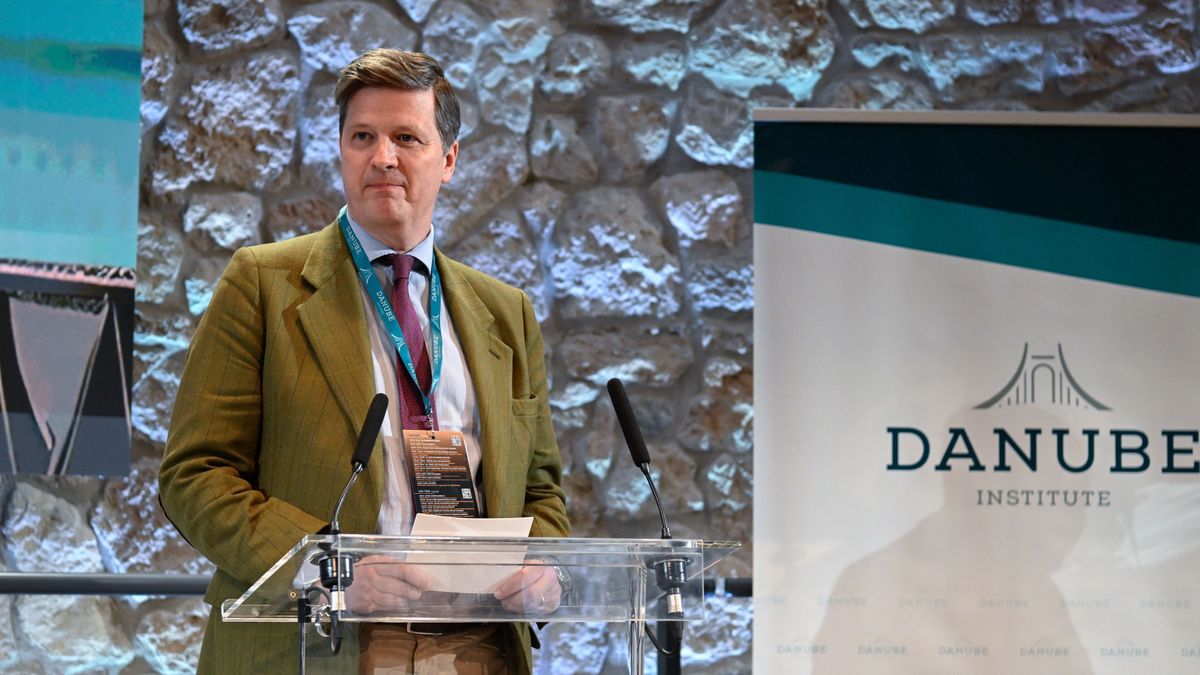


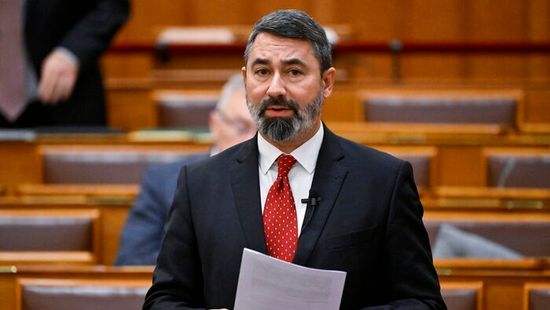










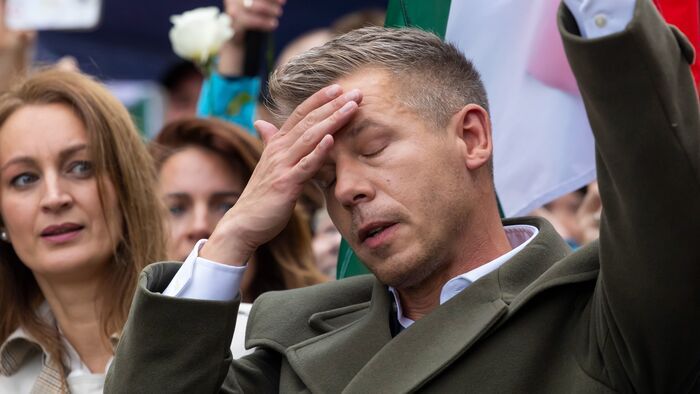








Szóljon hozzá!
Jelenleg csak a hozzászólások egy kis részét látja. Hozzászóláshoz és a további kommentek megtekintéséhez lépjen be, vagy regisztráljon!